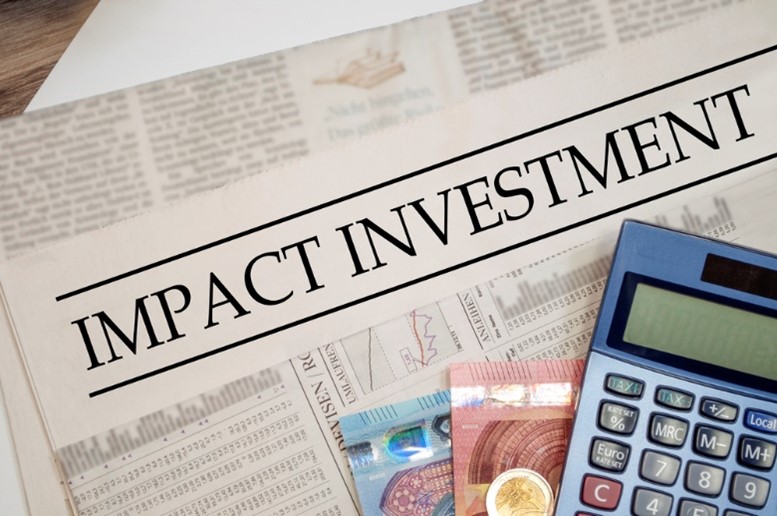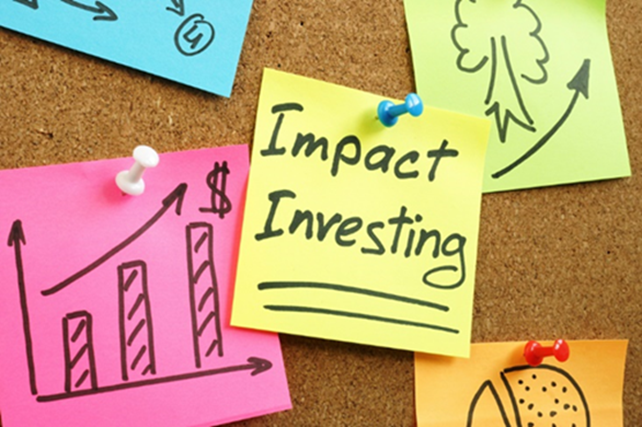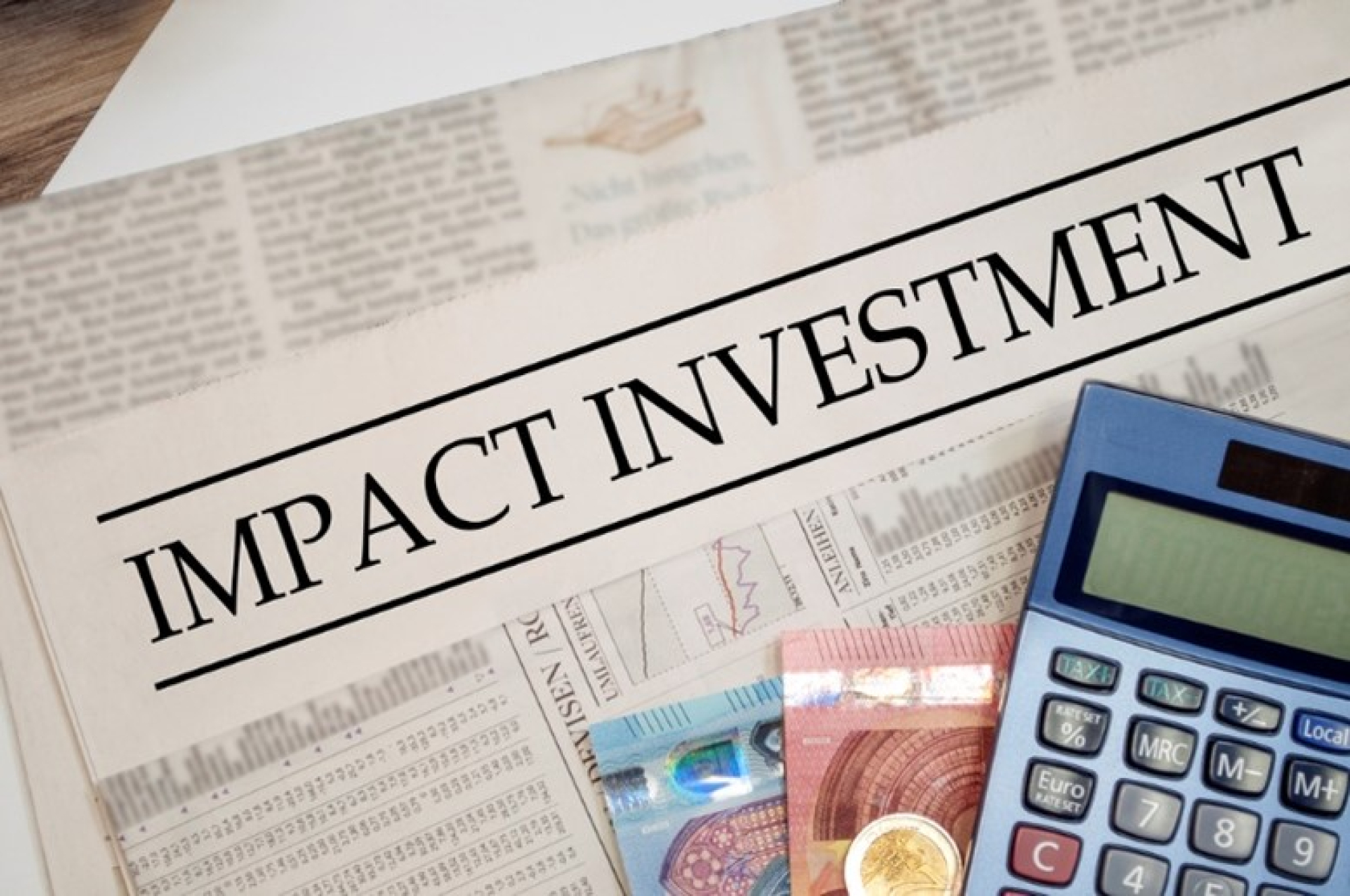The key principles of SII and what it means for Australian investors
Social Impact Investing is fast becoming one of the world’s most significant investment trends.
The core aim of Social Impact Investing (SII) is to generate positive social and environmental outcomes in addition to financial return.
While SII is still a relatively new concept, it is rapidly gaining momentum in Australia and internationally. Morgan Stanley has forecasted impact investment growth to be around 30 per cent per year. And while the social impact market is comparatively small in Australia, it is projected to grow exponentially to approximately $500 billion by 2025.
The Australian Government has introduced a range of initiatives to develop the SII market, and private equity and venture capital managers and institutional investors are increasingly targeting impact investments.
This article explores what Social Impact Investing is and what it means for Australian investors.

What is Social Impact Investing?
SII uses private capital to generate social and financial returns, with an investor providing finance specifically to organisations seeking to affect society positively.
There are five critical fundamentals to Social Impact Investing:
1. Provide a financial return on investment
Social impact investments should provide a financial return on capital or, at the very least, a return on the initial capital investment.
2. Address a social or environmental issue
Investors must intend to create a positive social and/or environmental impact through their investment. Therefore, social and/or environmental impact should be an integral measure of the success of an investment.
3. Provide accountability
Accountability is a key aspect of any social impact investment. The organisation (or investee) must remain accountable for both financial returns and delivering positive societal outcomes, with objectives clearly defined, funds carefully managed, and economic, social and environmental results scrupulously monitored.
4. Deliver measurable results
Comprehensive reporting is crucial to understanding the success of SII. Defining and measuring social and environmental impact encourages efficiency and focuses attention on delivering the critical objectives.
As such, the investee should monitor, report on, and deliver measurable results on social and/or environmental impact. These should include details of activities undertaken by the investee and short-term and long-term effects resulting from the investment.
5. Compound social outcomes by recycling the original capital
While it is expected that principal and additional capital are returned to the investor, reliable financial returns and positive social results encourage reinvestment, with the initial capital being recycled to leverage commercial growth and positive effect – and, in turn, creating a sustainable commercial model.
How does SII differ from SRI and ESG investing?
Social Impact Investing (SII) has evolved from Social Responsible Investing (SRI) and Environmental, Social and Governance (ESG) investing.
SRI began in the 1960s and sought to avoid unethical or harmful outcomes, yet doesn’t specifically target positive change, while ESG investing is when an investor, or fund, considers environmental, social and governance factors to help determine their investment strategy.
SII surpasses SRI and ESG in that the investment must generate a financial return and create measurable positive impacts on society.
SRI and ESG generally prioritise financial returns above social and environmental impact, whereas SII tends to place equal weight on all three.
Examples of Social Impact Investment:
Impact investments span a wide range of types, but some key industries that impact investors target include healthcare, renewable energy, agriculture and education. Examples of a social impact investment can consist of investing capital in:
- An organisation which researches cures and treatments for diseases.
- A company which rents out affordable housing.
- A bank which provides micro-loans to disabled entrepreneurs.
What role does the Government play in SII?
There is increasing recognition globally that governments have a pivotal role in developing the SII market, not only as market facilitators and regulators but also as active market participants.
The Australian Government – at both federal and state levels – has demonstrated a strong objective to grow the SII market. Since 2017, the Department of Social Services has committed $52.7 million to expand the Australian SII market and create innovative solutions to entrenched social issues.
In 2019, the Commonwealth Government allocated $5 million to establish a Social Impact Investing Taskforce, whose role is to develop a comprehensive strategy for the Commonwealth’s role in growing the SII market. The Taskforce comprises an expert panel supported by a team in the Department of the Prime Minister and Cabinet.

Benefits and challenges of SII
Benefits:
The advantages of SII go beyond societal gains:
- Contributing to positive change
Undoubtedly, the primary benefit of Social Impact Investing is the knowledge that you are helping to spark positive change – and you can often see tangible outcomes from those investments.
- Aligning your financial goals with your values
Impact investing enables investors to reach their financial goals while upholding their values. Increasingly, individuals and businesses are embarking on initiatives for the greater good – and investors get to be an instrumental part of reforms.
- Reducing your financial risk
SII can be less volatile than other investments, as they are less reactive to market fluctuations and have historically achieved high inflation protection. In addition, financial risk is often shared with other investors, which means you can maintain a diversified portfolio that lowers your risk profile and benefits sustainable businesses.
- Potential for long-term capital growth
In addition to consistent returns and positive societal and environmental outcomes, there is also potential for long-term capital growth.
- Stimulating innovation
The prospect of creating positive societal change can encourage innovation, provide greater flexibility, and potentially reduce red tape.
Challenges:
Investing in social and environmental impact can, however, face potential challenges. As with any investment, there are several risks associated with SII:
- No guarantees
There are no guarantees that the organisation will achieve its investment objective, or that the principal capital will be returned to investors.
- High due diligence costs
Due diligence costs can spiral due to the team of specialists, accountants and lawyers required to establish and manage the projects, and due to the costs of ongoing analysis and reporting.
- Delayed ROI
The delivery of tangible outcomes for social and environmental change can take time, which means investors may not see a return on investment for months, or even years.
- Difficulty measuring success
Data gaps prevalent in the Government and not-for-profit sectors can make it difficult to determine a project’s level of success. In addition, the timeframes required to achieve and measure results may deter some investors.
- Impact focus may result in lower returns
The level of focus on social or environmental impact may result in lower financial returns than those achieved through alternative investments, such as property.
What does this mean for Australian investors?
In Australia, Social Impact Investing is undoubtedly on the rise and could play a valuable role in portfolio diversification; however, due diligence is vital, as with any investment.
Today’s markets put many investors in a challenging position. Equity and bond valuations are high as inflation rises, and growth prospects hang in the balance.
In this environment, portfolio diversification is vital, but selecting the right investments can be tricky – and requires extensive due diligence.
There has been a widespread surge in social impact investment funds over the past few years, and there is a clear need for services and interventions backed by social impact investment firms. These are gaining priority across the political spectrum, creating an exciting opportunity for investors who can identify strong prospects likely to enjoy political support while delivering financial returns and benefits to society.
Ledge Finance is one of Australia’s most trusted commercial finance brokers. We partner with clients across all industries, providing them with tailored business loans and B2B contact to help grow their businesses.
Don’t hesitate to contact our professional team today for more information on how we can assist your business.





